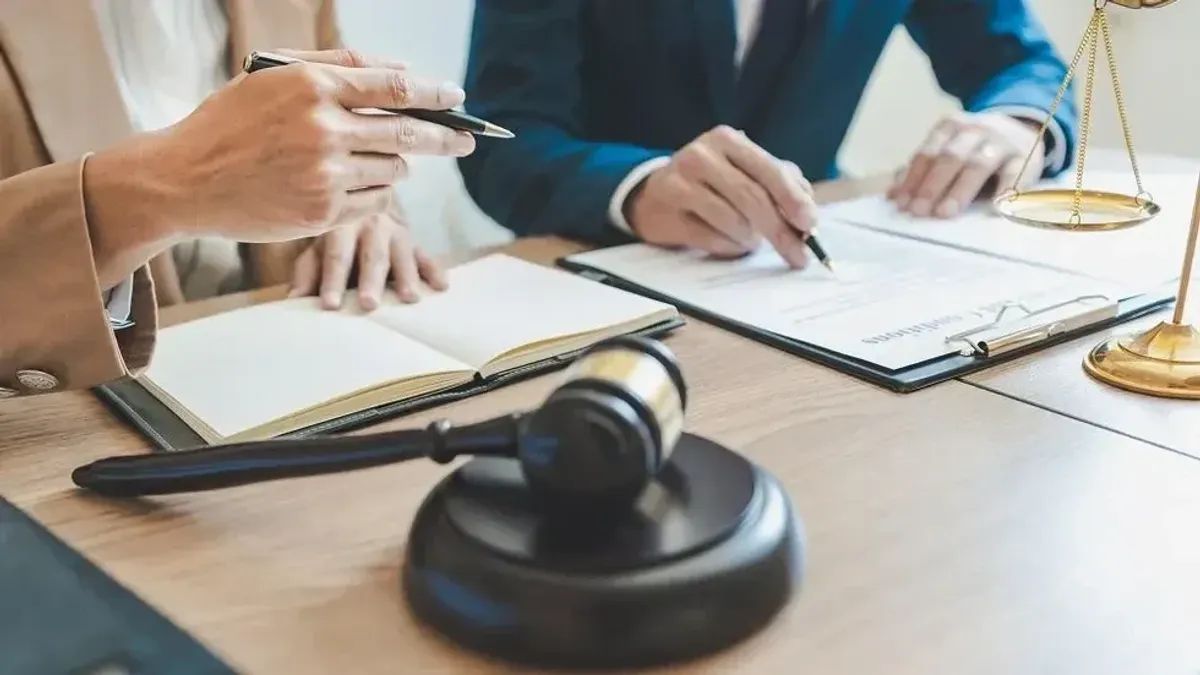
Are You Protecting Your Valuable Intellectual Property?
What's the biggest risk your small business faces? According to a survey conducted by online legal service provider Rocket Lawyer, 25% of business owners say legal issues topped the list of their biggest risks. And yet, despite that fear, most (51%) entrepreneurs don't seek professional legal advice because they think it will cost too much. (Can you say penny wise and pound foolish?)
Actually, according to Charley Moore, founder and chairman of legal resource website Rocket Lawyer, there's good reason to worry. Moore designed Rocket Lawyer as a one-stop, affordable legal shop offering "instant gratification" to people seeking legal answers and solutions, and in a little more than two years it has become one of the top five legal sites on the internet. He cautions that there are a slew of legal concerns that can drive you out of business if you're not properly protected.
I recently spoke with Moore about the most common areas of concern, and he stressed how important it is that every business protects its intellectual property, also known as IP.
Most of us know that copyrights, trademarks, patents, and trade secrets are IP and in need of protection. If you don't have any of these things, you might assume you don't have any IP worth protecting—but you'd be wrong. Moore says that assets like your company name, logo, artwork, or business plan should also be considered as valuable IP, and "smart entrepreneurs need to make the law a competitive advantage."
Protecting your intellectual property
Moore advises that you start by looking at the three major components of IP:
1. Business name
Moore says that the name of your business, and the subsequent reputation you build, is the most valuable asset you have. So you must make sure no other business is already using the name you want (or, unfortunately, the name you are already using). Conduct a name search as well as a trademark search, both of which you can do on RocketLawyer.com. Once you find a name that's clear for use, you should register a trademark. Unfortunately, Moore says, most trademarks are never registered.
The most common mark to indicate a trademark is the "TM" symbol. In order to use the registered trademark sign after your company name (indicated by a circled "R") you must file with the United States Patent and Trademark Office.
2. Trade secrets
While you may not be protecting the formula for Coca-Cola, it's likely you do have company "secrets" you want shielded. Moore says to think about anything that is a key part of your process, part of what he calls the "work of the mind." This could include things like your client list or your training manuals.
Moore warns, "You should never disclose your trade secrets." Of course, it's more feasible to lock the Coke recipe away in a vault, since keeping your training materials an actual secret defeats their very purpose.
Moore explains that in cases where you have to reveal your secrets, you should ask people to sign a confidentiality agreement beforehand. If you are in the invention or creation business, he advises you have employees sign an "invention assignment," which assigns your company the rights to whatever they create while working for you. (Laws about this vary by state, so check your state's regulations.)
3. Copyrights and patents
Copyright protects literary and musical works and other works of art. This would include articles, books, speeches, and videos. Even computer programs can be viewed as a literary work.
You do not have to register a copyright. According to the USPTO, "A copyright is secured automatically when the work is created." It's much harder to protect yourself globally; an international copyright does not exist, although many nations protect foreign works "under certain conditions."
Moore says patents are often misunderstood. "Ideas," he says, "are not patentable." You can patent a device, a process, a machine, or a design, but doing that does not grant you rights. Moore explains that a patent essentially gives you a limited-term "legal monopoly" that excludes others from making, using, or selling what you have patented.
Don't let legal worries get you down
If you're like most small business owners, legal worries can keep you awake at night. But there is professional help out there, and much of it is affordable. Make sure you take the right steps now to protect your valuable intellectual property before it's too late.



